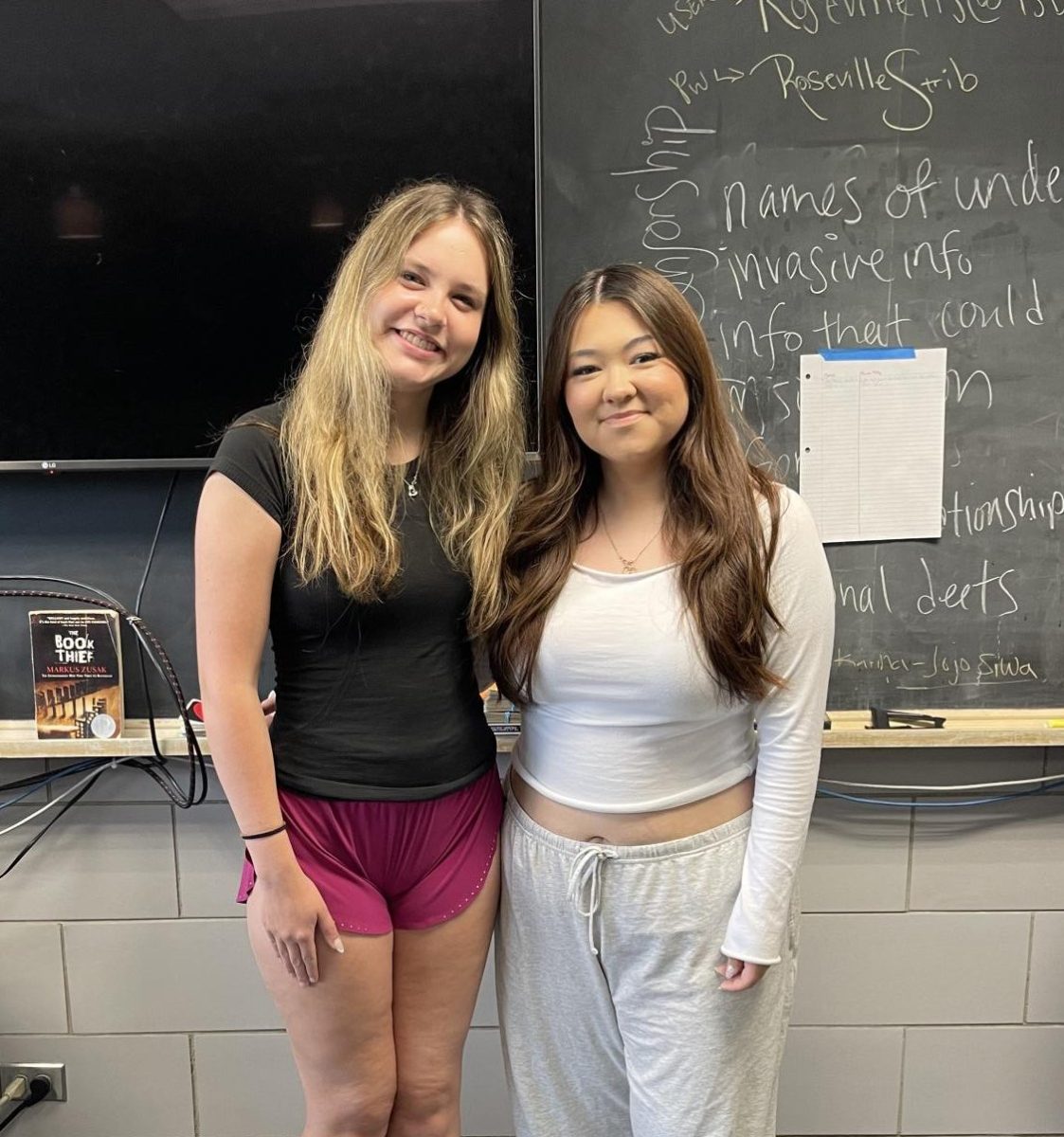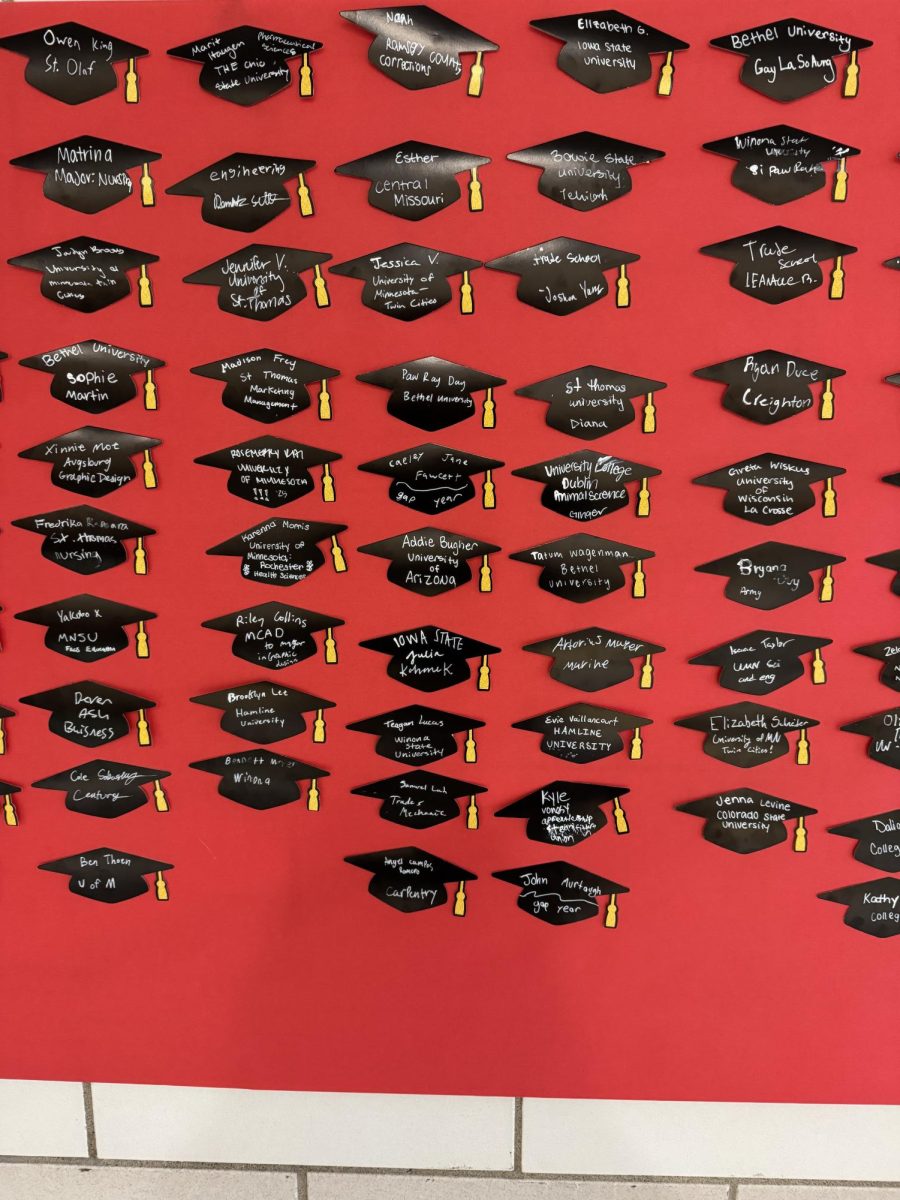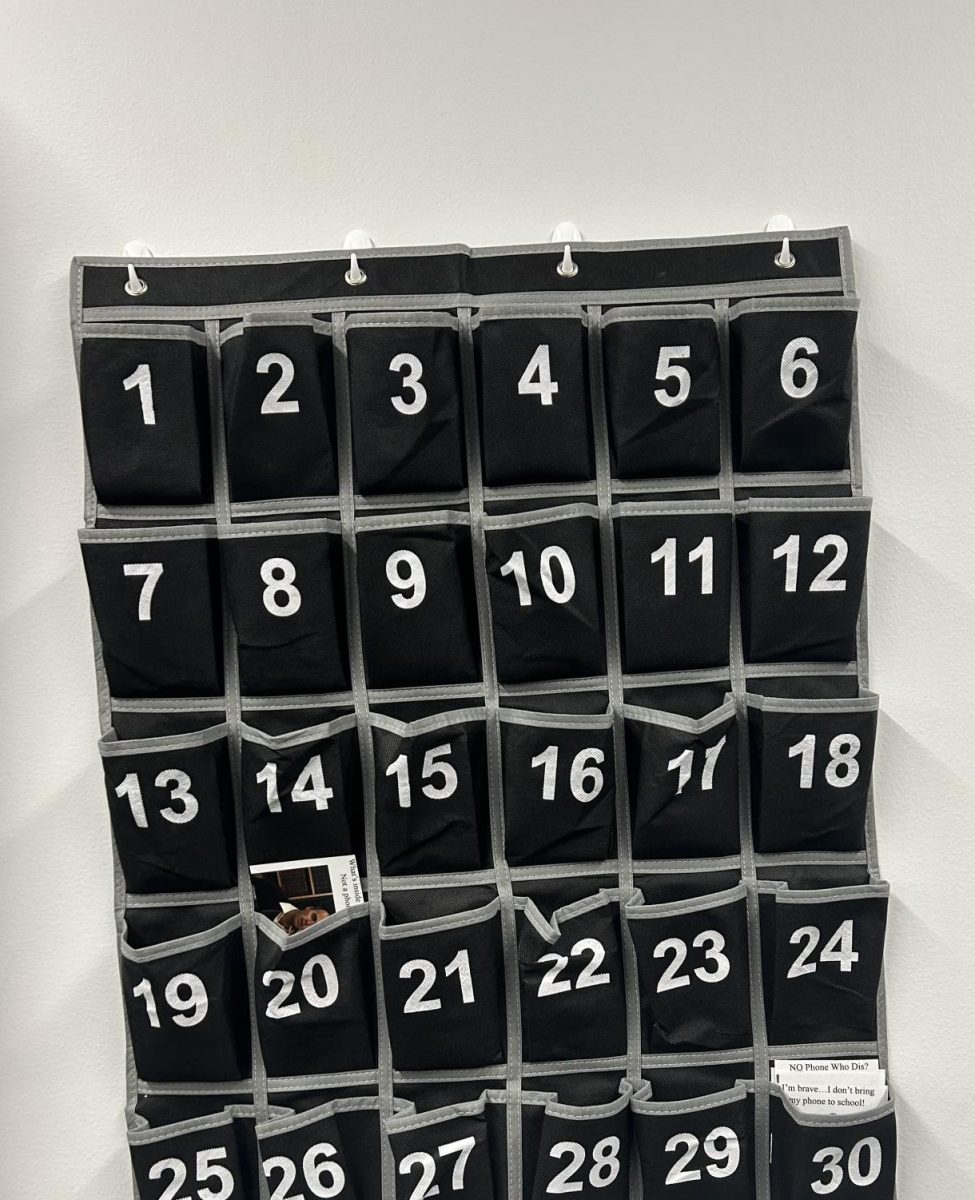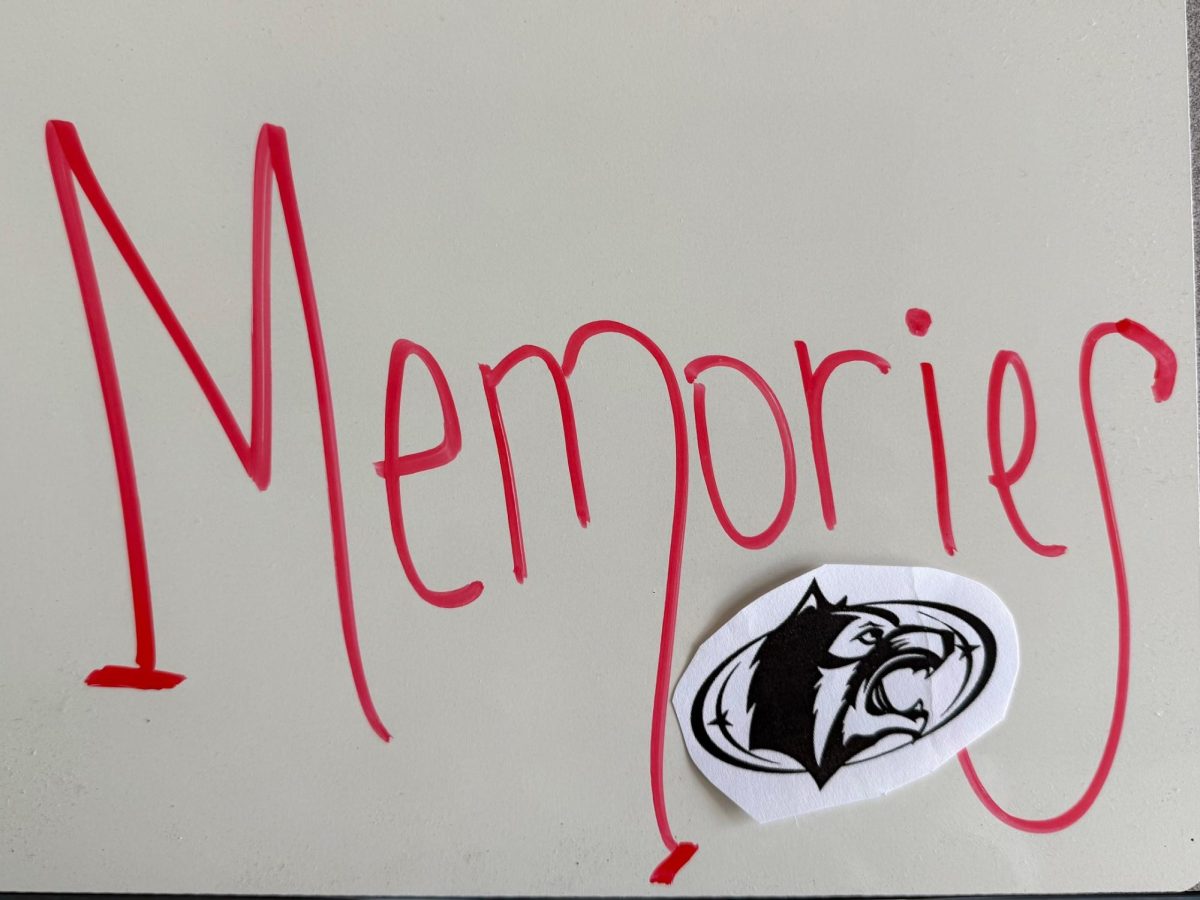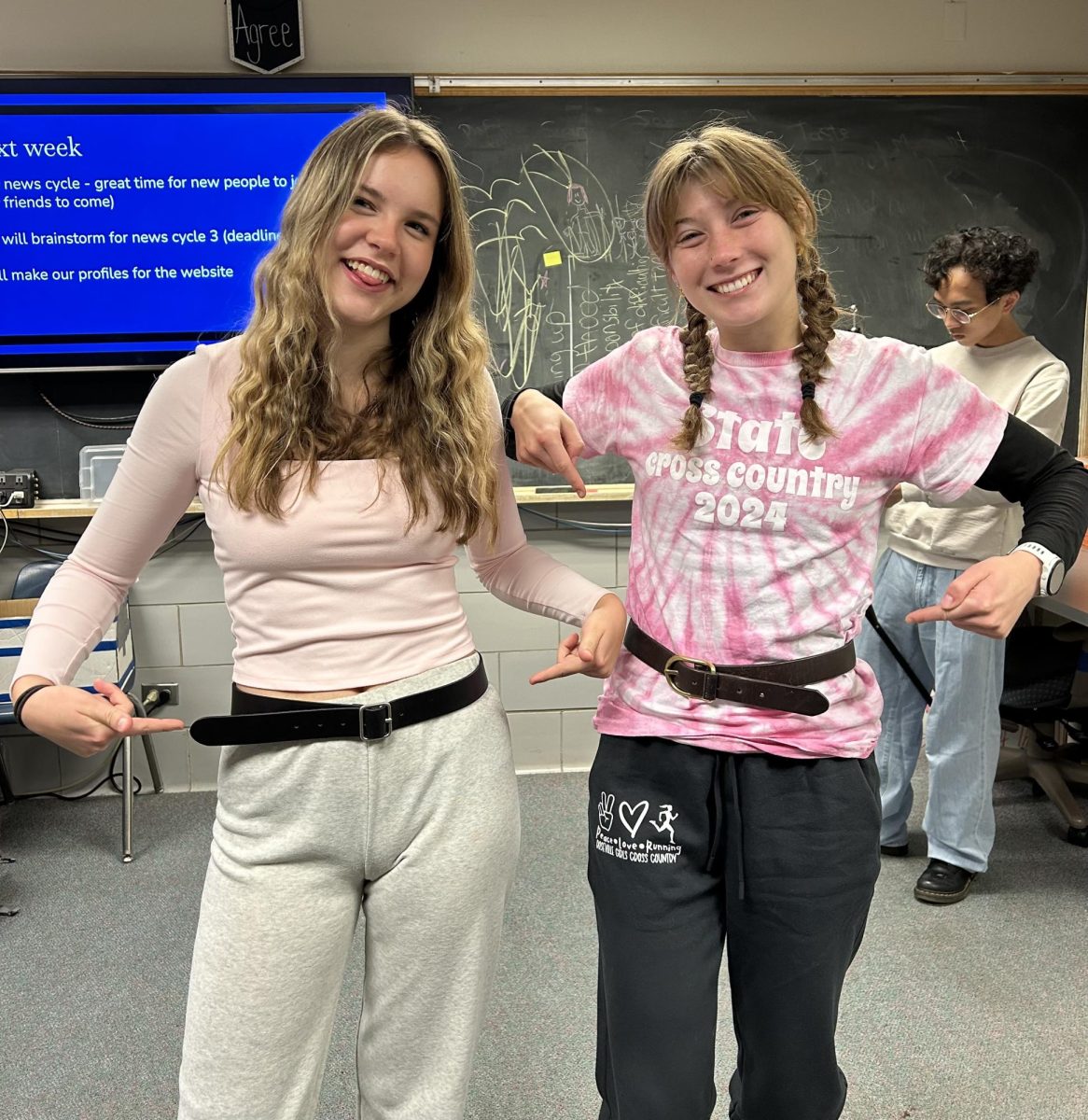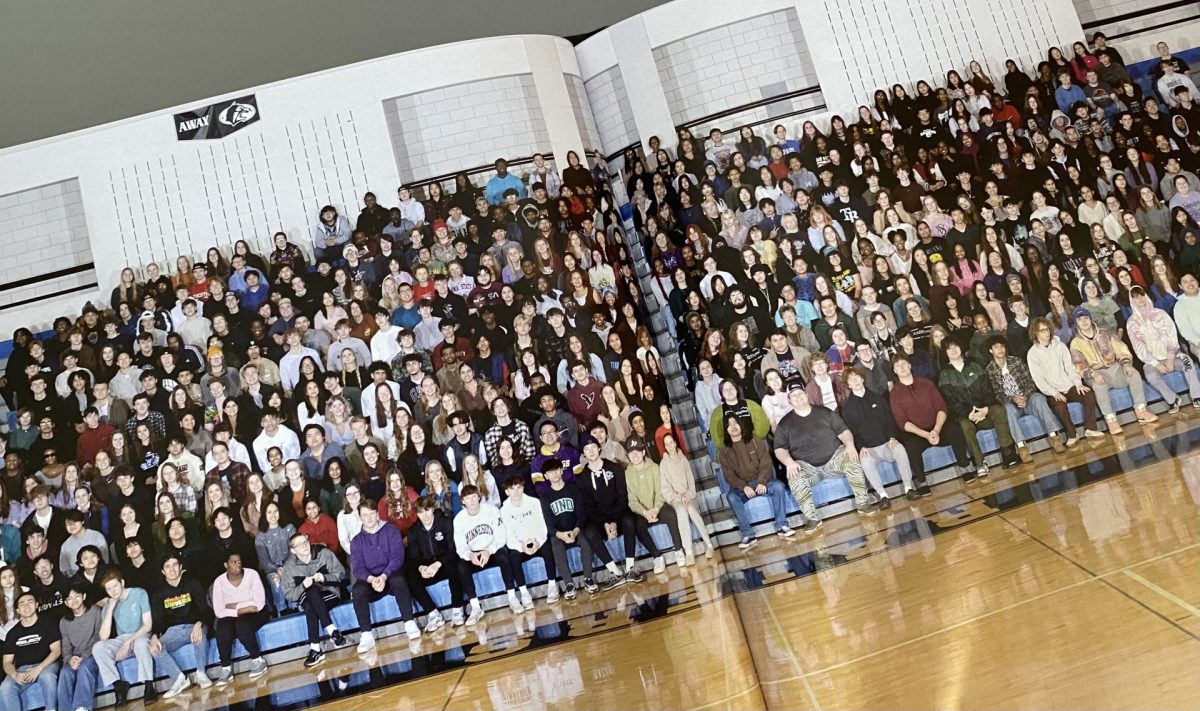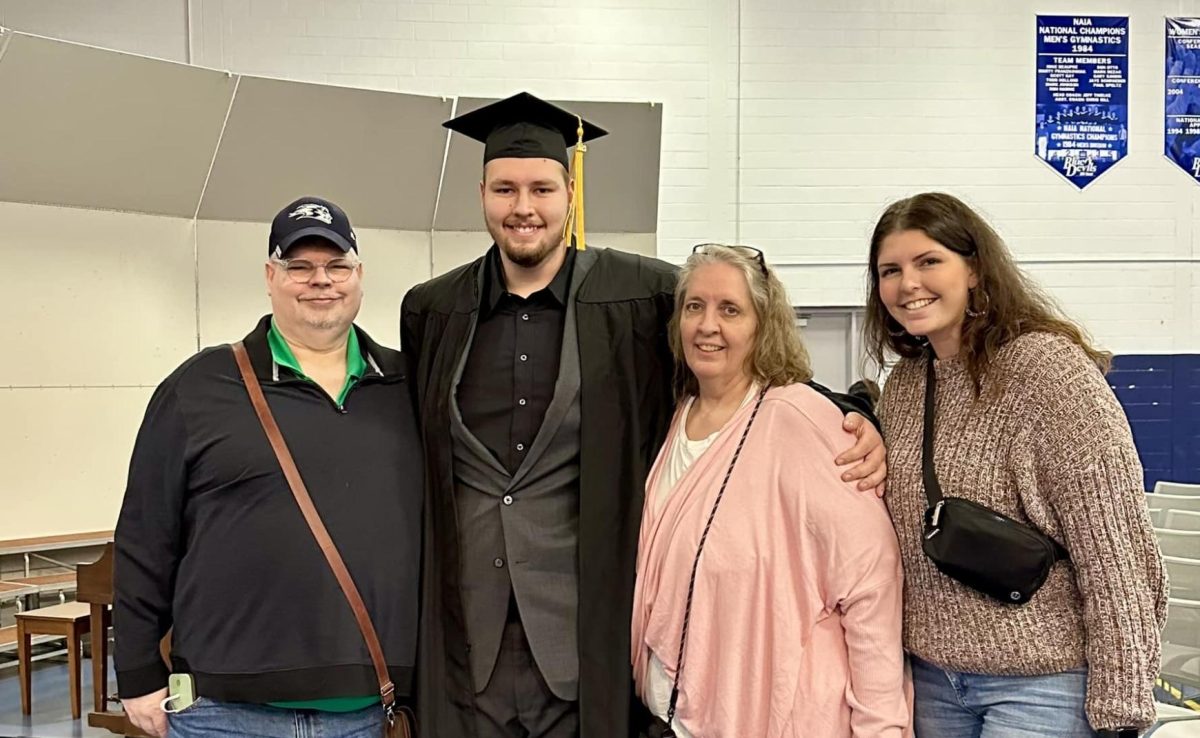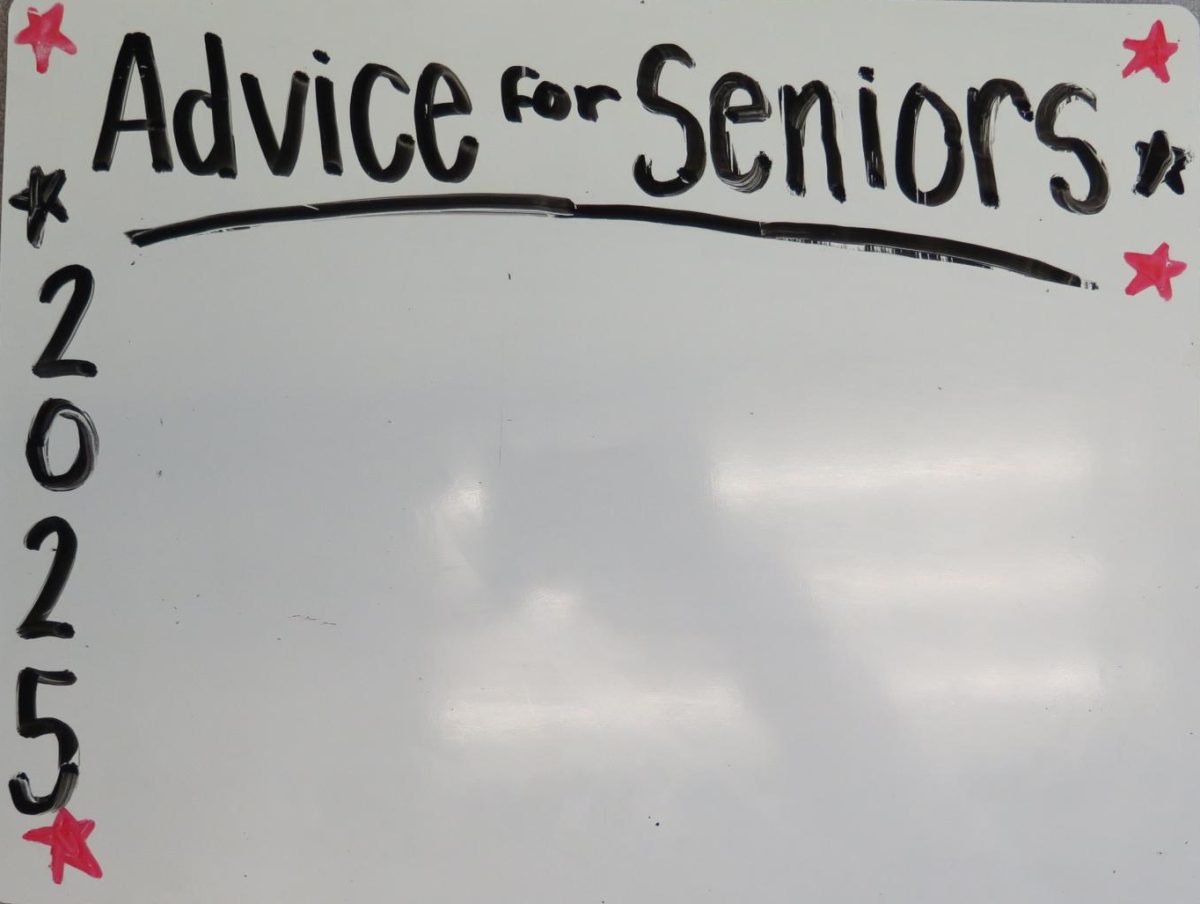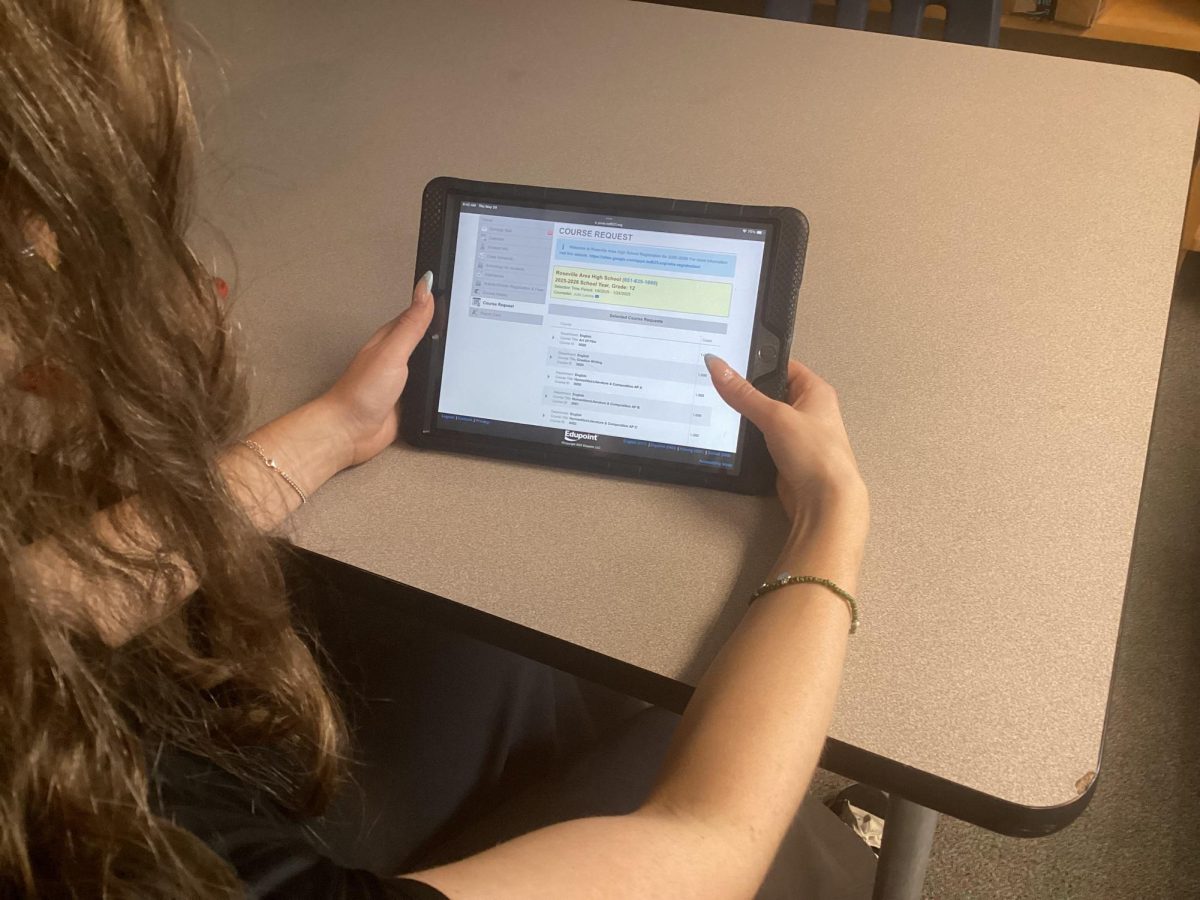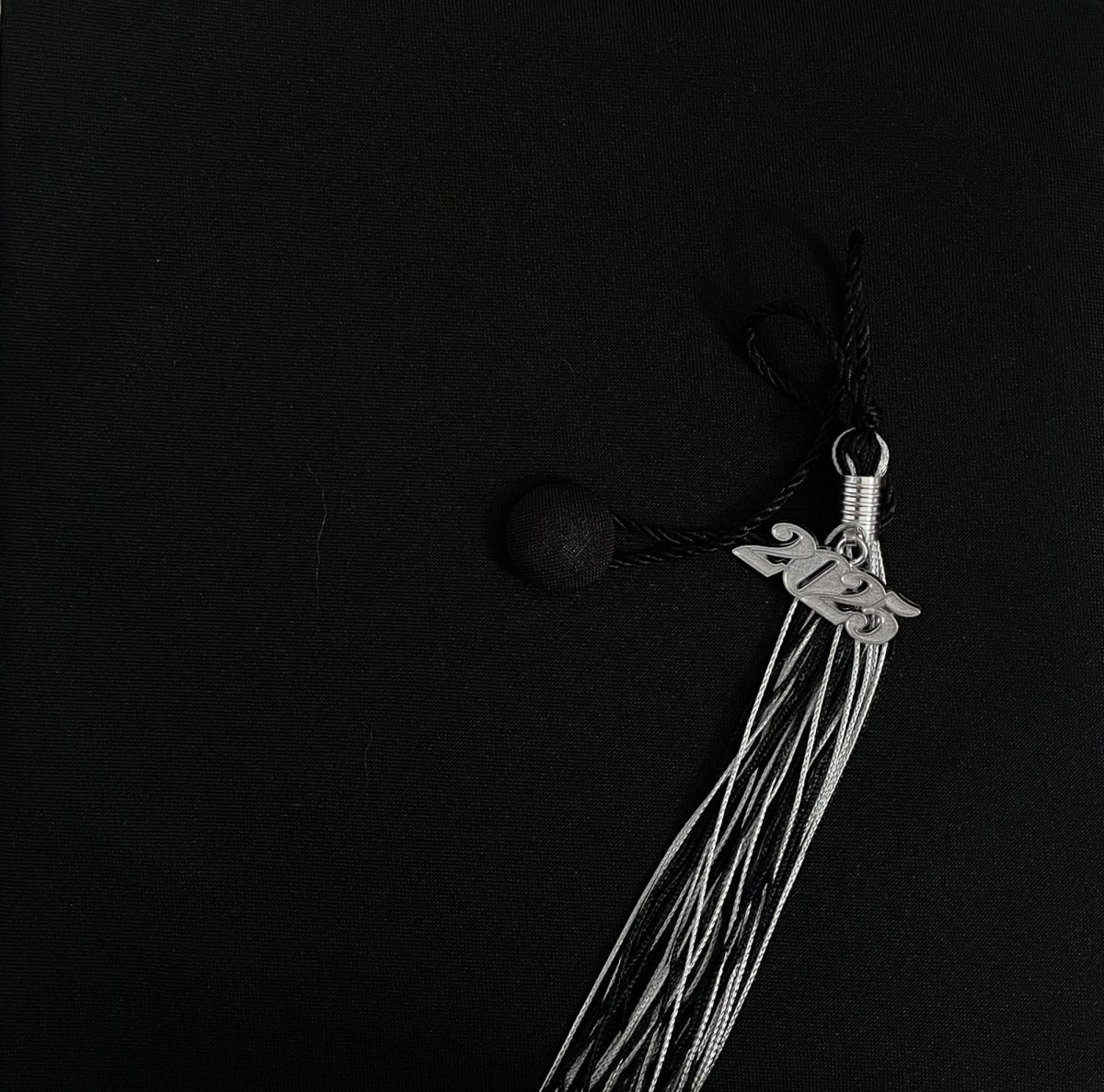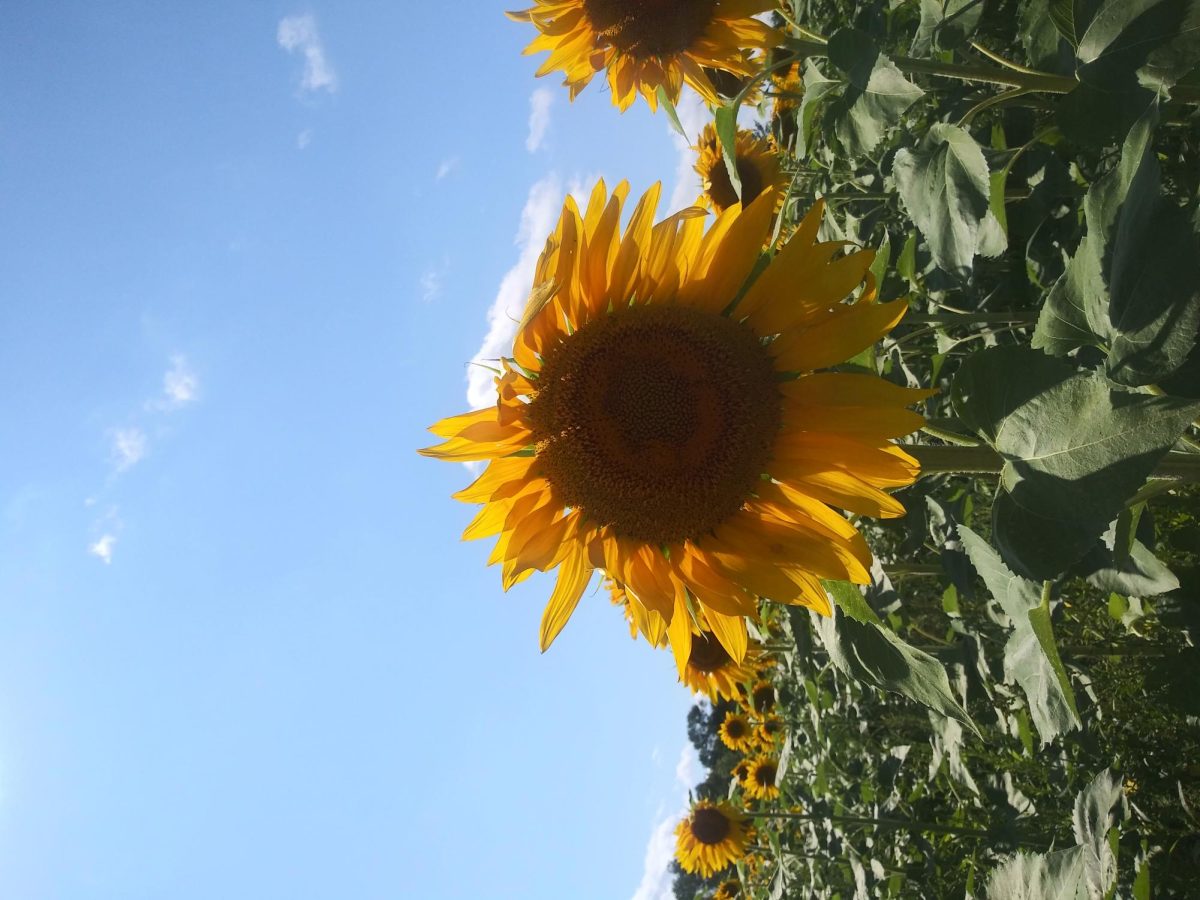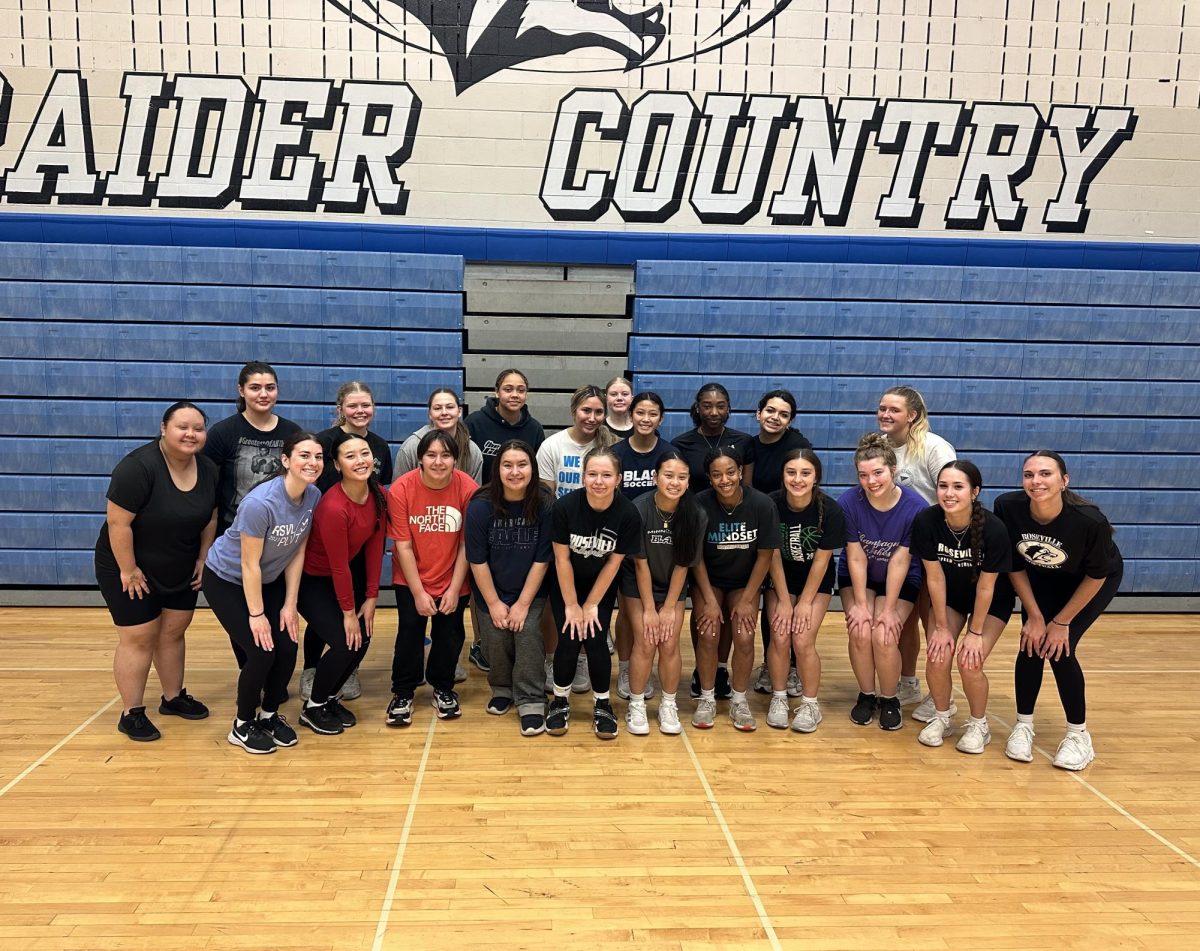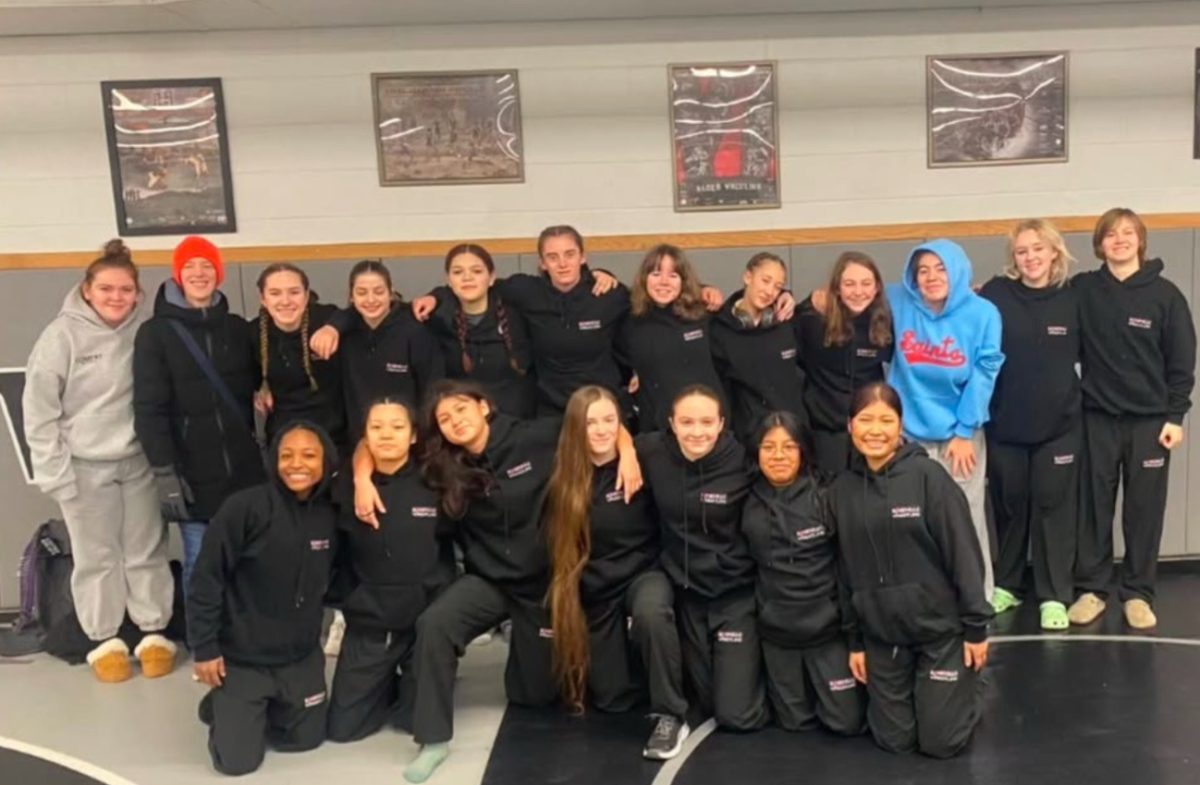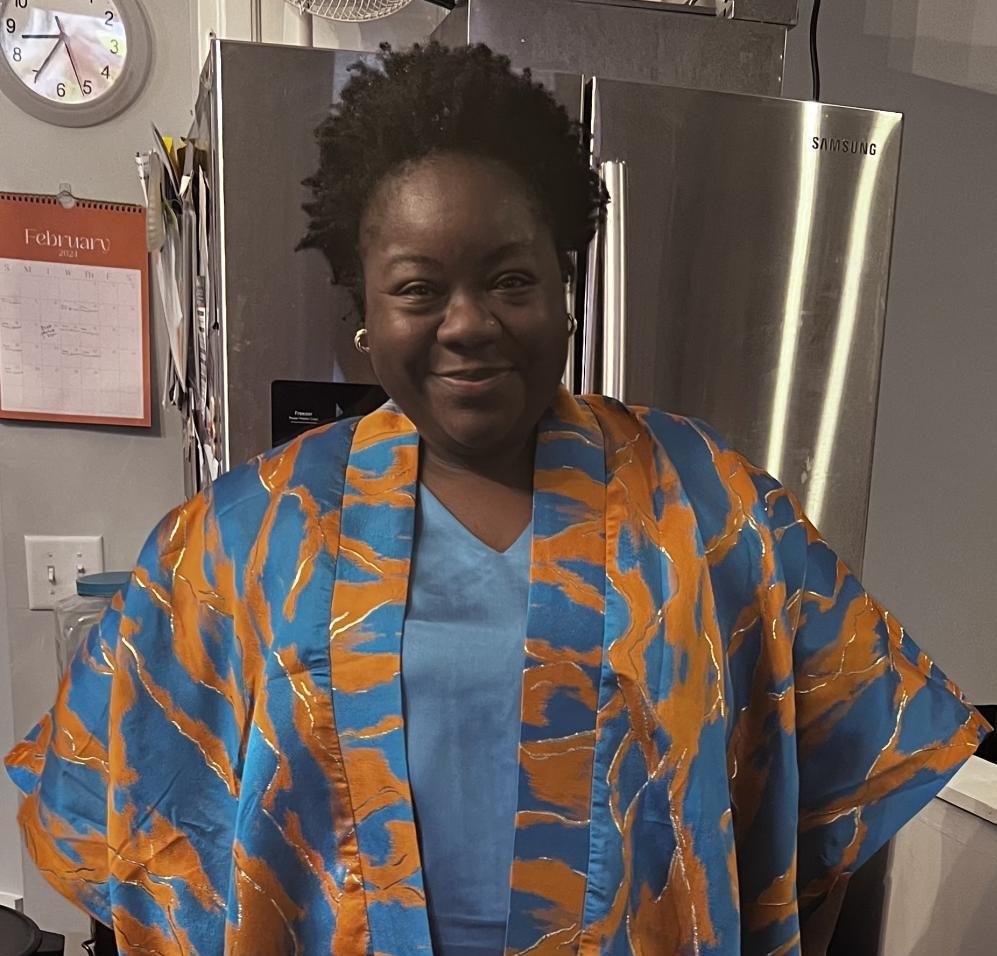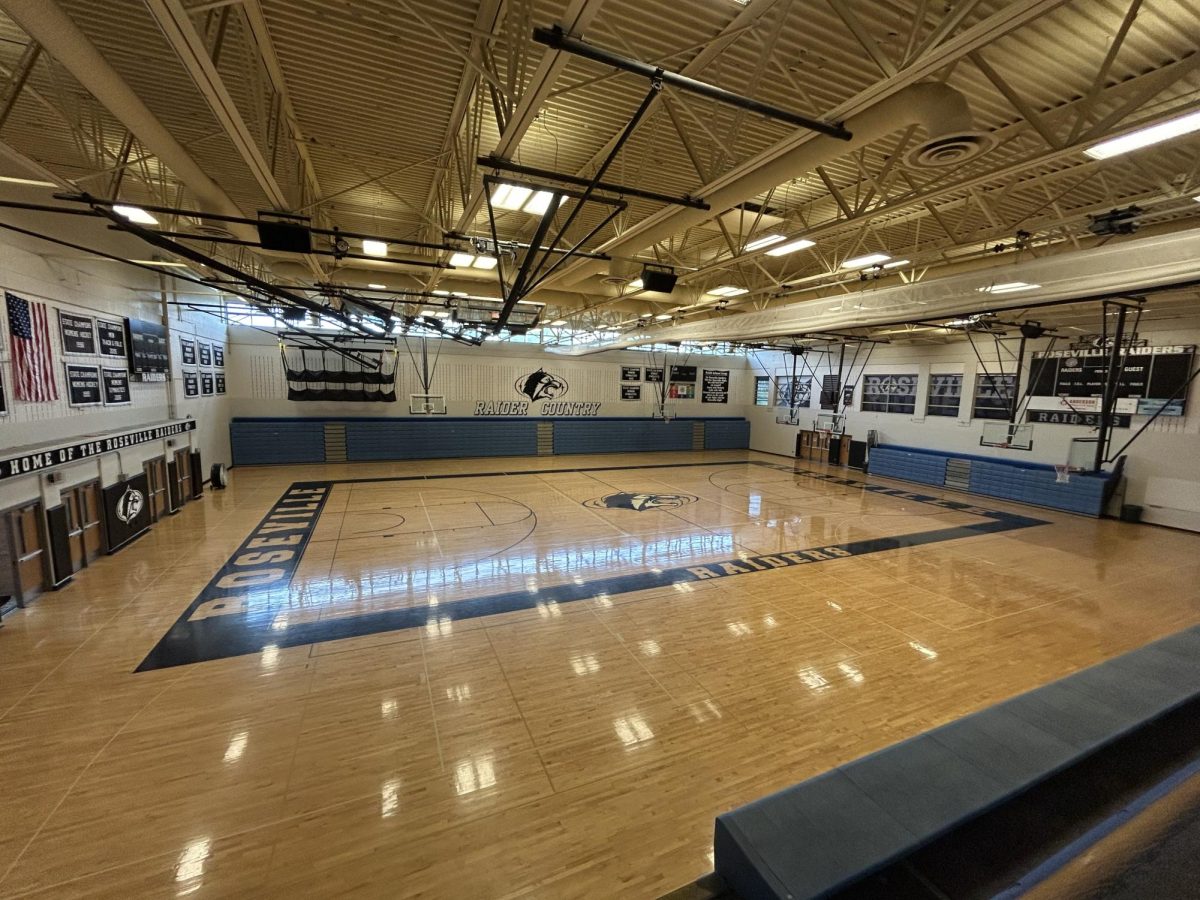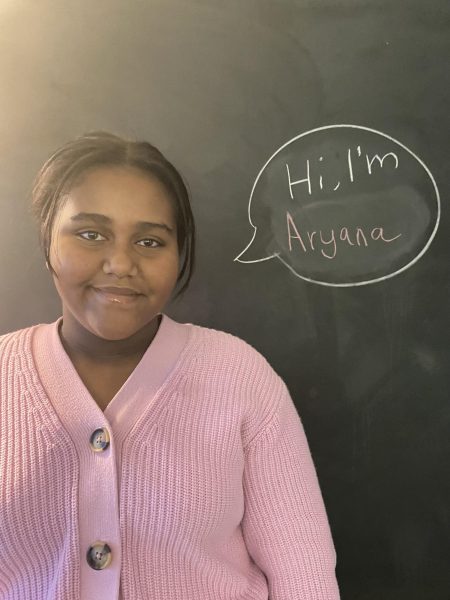With March being Women’s history month, it is important to acknowledge the different experiences Black Women have when it comes to empowerment and societal pressures put on them. Both Black female teachers and students at RAHS have voiced their experience in our school community and within their lives.
Ms. Chenayi Shava, an English teacher at RAHS notes how she sees differences as a Black woman compared to her white counterparts. She said, “I think my experience is really different. At the end of the day we are all in the same building, teaching the same children, but children respond to people differently based on what they see, how they present themselves, and what they teach. My experience has been a journey… students challenge me quite a bit… Some parents really challenge me. I have to prove my mettle to them… I think it’s difficult for people to wrap their minds around a teacher of color, born and raised on the [African] continent, with an accent, looking as dark as I am, teaching in the English department.”
Shlynn Hayes, one of associate principals at RAHS, confirmed Shava’s claim about how as a Black Woman she is treated differently. She said, “…Microaggressions still happen to me today…it shows up when I ask a staff member that doesn’t look like me to do something, or maybe I ask them a question and I will get the answer but then they sometimes follow up with my white counterpart, and it may be the same situation, the same question, the same thing that they are asking them to do, then they are not necessarily questioned, but I am. When those things happen today I always go in and address them. When I was younger I didn’t have the language…or the courage to address them. It’s important that I do that, not only for myself but for our students, because if it’s happening to me as a leader in the building, then it could be happening to our students in the classroom.”
Shava also mentioned that as a Black woman there is a higher standard she is held to. She said, “When you are a Black Woman, you are often not consulted. I constantly have to stand up to make myself visible, so that I am not forgotten. It’s easier for people to forget about you. It’s also easier for people to challenge what you do and respect what you bring to the table, so most times you have to work twice as hard as everybody else to get that recognition.”
She continued, “white women hold a position of privilege, there are things they can do and say in public that I can not.”
Hayes also expressed the pressure that Black Women are put under when she said, “I always feel like I have to cross my T’s and dot my I’s per se…because I am not given the same grace as my counterparts, so I do feel like I have to work harder, go above and beyond. For example, when I send an email out to staff, I’m going to check that email 7, 8, or 9 times, to check my tone and my language…making sure that my grammar is correct, because in the past I have been called on…at those times those things can be difficult, I am constantly reminded that I am a Black Woman in this building, both positively and negatively…”
Shava revealed that there is a difference between the way that white women are treated when sharing their emotions versus Black women. She said, “If I am upset about something and express myself, I can be considered an “angry Black woman”, whereas if a white woman expresses anger or discontentment, it’s just that they are not happy with whatever it is and they are just commenting on the situation, when I do it, it’s seen as representation of all these negative characteristics of Black women that has been propagated for centuries…the stereotype of the “Angry Black Woman” who is ready to take off her earrings and fight…and that is not my nature.”
She added, “A white woman can also cry, easily, and come to tears at any time and that is not something afforded to me because when I do that I am seen as weak…as a Black Woman this is resilience and this is having to hold it together; now I don’t know if it’s the nature of our culture or if it’s years of abuse at the hands of society.”
Hayes, said, “If a white woman becomes upset, let’s say shows emotion, maybe cries, the reaction is handled differently. That can look like “let’s talk about it” or “this person hurt this person’s feelings” so there is a conversation about it. Whereas in my experience as a Black Woman if I become upset and voice it…it can be seen as being angry or like unreasonable and there might not be options given to me.”
Linzie Franklin (9), shared an experience when she felt like her emotions were not being heard. She said, “There once was a time when I had a friend whom I was becoming close with, and I found out she had been saying that I “talk too much about racism”, so the next time I saw her I asked her about it. She immediately began to deny that she has said those hurtful things. At that point, it was obvious she had been dishonest and disrespectful, so I called her out for it. One of the girls started to cry and everyone around us looked at me like I was a bully and several other white girls came and rubbed the back of the girl who was crying. It was extremely confusing for me because I felt an immediate instinct to apologize and console her but then I remembered that I did nothing wrong. In this situation, it felt like I was the angry melanated woman with an attitude. To me, the fact that none of the bystanders comforted me even though I was the one who had been hurt by a person I trusted, shows how white women’s feelings are often validated and valued at the expense of women of color. It was a reminder that white privilege exists and is dangerous because, through history, white women’s tears have resulted in violence and unfair treatment against melanated people.”
As Women’s history month continues, it is important to also look at the way Black and Brown women are continuously left out. It is important to realize that while Women’s empowerment is crucial, there are still many women who don’t feel seen and we must be able to find a way to empower all women.

